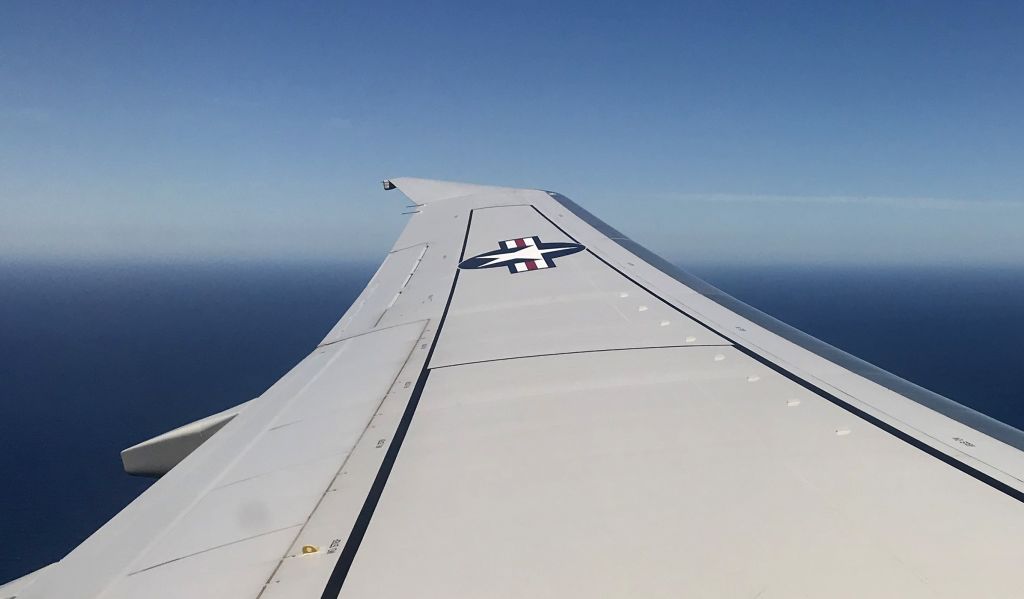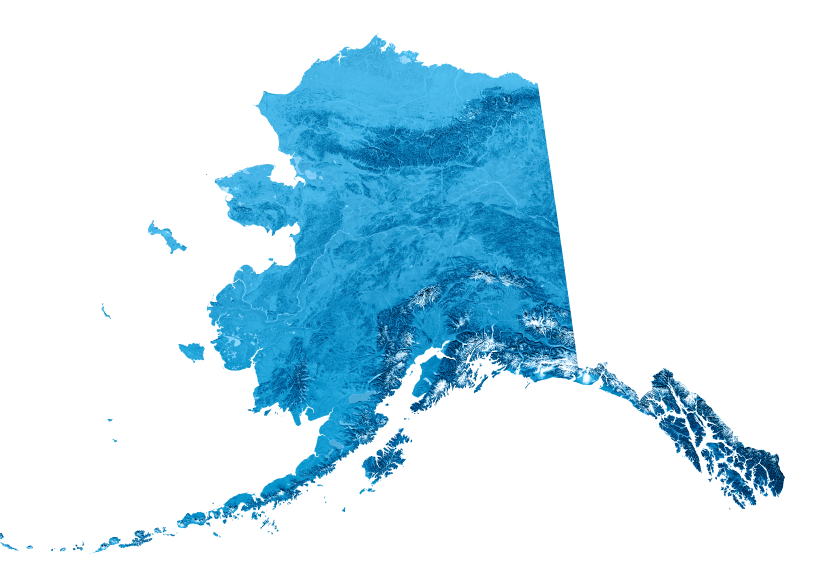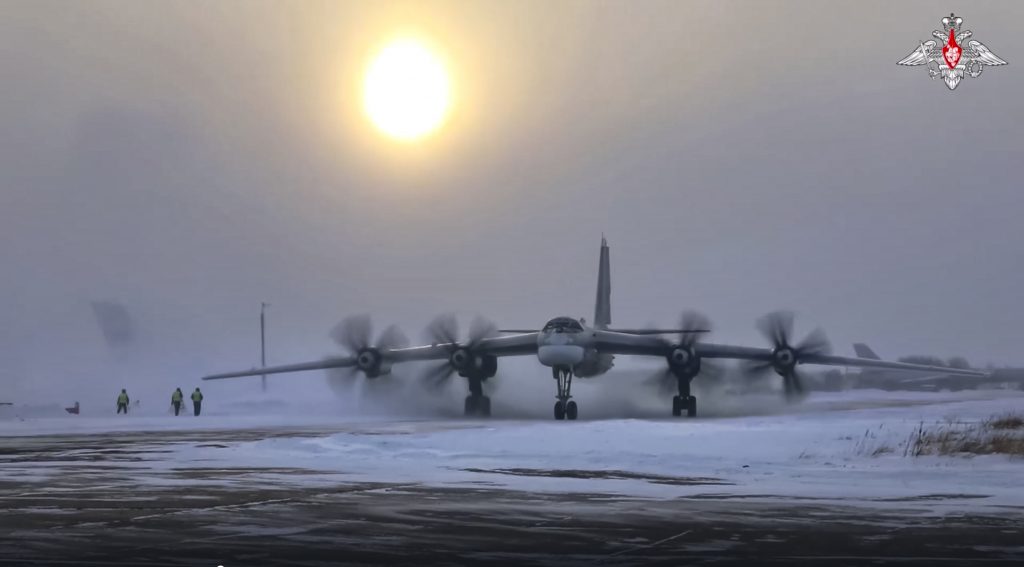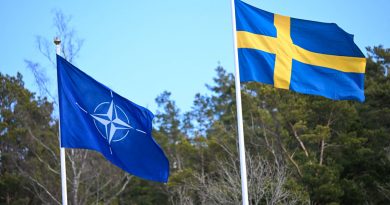Russian, Chinese vessels near Alaska reminder of ‘new era of aggression’: Senators

Chinese and Russian vessels that recently operated near the Aleutian Islands should serve as a wake-up call to increase funding for military capabilities in the region, Alaska Senators Lisa Murkowski and Dan Sullivan said in a joint statement on Saturday.
“The incursion by 11 Chinese and Russian warships operating together – off the coast of Alaska – is yet another reminder that we have entered a new era of authoritarian aggression led by the dictators in Beijing and Moscow,” Sullivan said.
“In recognition of this reality and our state’s unrivaled strategic location, for years, I’ve been pressing the Navy and each successive administration to commit to a greater Naval, Coast Guard, and Marine Corps presence in Alaska, more Arctic-capable vessels, and more infrastructure to host these assets, like the deep-water port of Nome.”
The story of the joint patrol by Russia and China first appeared in the Wall Street Journal.
While the Russian and Chinese ships did not enter American waters, they were closely monitored by four U.S. destroyers and P-8 Poseidon aircraft, the WSJ report said.
A spokesperson from the Chinese embassy in Washington D.C. told the WSJ that the two countries’ joint patrols were an annual event and were not targeted at “any third party.”
Need to expand capacity in Alaska
Murkowski said the situation underscoring the need for increased resources for the state given its location.
“This is a stark reminder of Alaska’s proximity to both China and Russia, as well as the essential role our state plays in our national defense and territorial sovereignty,” she said.
“Incursions like this are why we are working so hard to secure funding and resources to expand our military’s capacity and capabilities in Alaska, and why our colleagues must join us in supporting those investments.”

Dan Sullivan praised the U.S. response to the recent patrols.
“Last summer the Chinese and Russian navies conducted a similar operation off the coast of Alaska,” he said. “Given that our response was tepid, I strongly encouraged senior military leaders to be ready with a much more robust response should such another joint Chinese/Russian naval operation occur off our coast.”
“For that reason, I was heartened to see that this latest incursion was met with four U.S. Navy destroyers, which sends a strong message to Xi Jinping and Putin that the United States will not hesitate to protect and defend our vital national interests in Alaska.”
Russia-China cooperation in the North
Moscow and Beijing have increased cooperation in the North since Russia’s invasion of Ukraine and the resulting western sanctions.

Beijing’s increased investments in Arctic Russia, along with growing cooperation agreements such as the Russian and Chinese coast guard memorandum concerning Arctic cooperation signed at the end of April, are also reshaping dynamics in the region.”
On a visit to Canada last summer, NATO Secretary General Jens Stoltenberg warned of Russia and China’s increasing investments and practical cooperation in the North saying it “…challenges our values and our interests.”
The U.S. national security strategy released in October also emphasized the importance of outcompeting Moscow and Beijing, especially in the North.
Comments, tips or story ideas? Contact Eilís at eilis.quinn(at)cbc.ca
Related stories from around the North:
Canada: Northern premiers say Canada can’t have Arctic security without infrastructure, The Canadian Press
China: Satellite imagery reveals construction progress on new Chinese Antarctic base, Eye on the Arctic
Denmark: Danish policy prioritizes low-conflict Arctic amidst Russian tensions, Eye on the Arctic
Iceland: Icelandic embassy suspends operations in Moscow, Eye on the Arctic
Norway: Svalbard’s travails in a changing Arctic, Blog by Marc Lanteigne
Sweden: US bombers land in northern Sweden for first time, Radio Sweden
United States: Biden welcomes Finland to NATO, meets with Nordic leaders, The Associated Press



